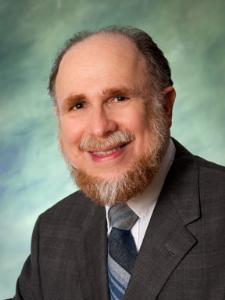
David G. answered • 01/03/20
Patient, Effective math/statistics tutor
Please clarify:
There is some ambiguity about the third roll. In some cases, the expectation is higher if one rolls a third time (for example, if the first roll is 6) than if one stops after the second roll, and other times the expectation is lower if one rolls a third time (for example, if the first roll is 2) than if one stops after the second roll.
One way to fix this is to ask "What is the expected outcome of the game if one makes a third roll exactly in those situations where the expectation is higher for the outcome after 3 rolls and the expectation for stopping at 2 rolls?"
Let us know if this is really the problem you would like us to solve, and, if so, one of us will solve it, using a tree diagram.

David G.
Thanks, Henry. You are right that adding the condition that the player must always make all three rolls simplifies things. Perhaps you could edit your original problem, so the complete version is in one place. That would be helpful to other solvers. Thanks.01/04/20





Henry J.
OK, I will fix by making the condition that the player MUST roll the third dice unless of course he/she has already lost. So, player rolls a 1 first, game is over* since he can't roll lower than a 1 on subsequent roll. Players rolls a 2? His next roll is a 1, he may NOT stop and must roll the third dice hoping of course for another 1. Hopefully that will make it easier to solve. *One final condition to make it more interesting for the player: If player rolls all three dice the same (1,1,1; 2,2,2; etc.), he quadruples his money (300%). This way, there is still hope if second dice is same number as first; he just needs to hope third roll is also the same. Thanx.01/03/20